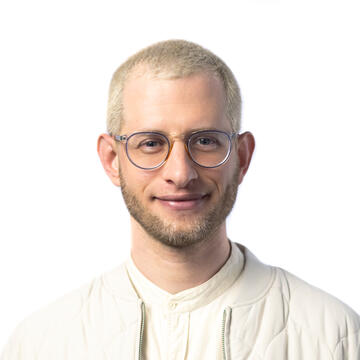
Harold Stolper
Lecturer in the Discipline of International and Public Affairs

Personal Details
Focus areas: criminal justice, gentrification, the economics of race, causal inference for program evaluation
Harold Stolper is an economist studying barriers to economic opportunity and public policy solutions to help level the playing field, including policing disparities, neighborhood change, and access to public transit. His current research focuses on how the MTA and NYPD use public resources to criminalize poverty at the subway turnstile, especially in Black and Latinx communities.
Harold teaches Quantitative Analysis II, Data Analysis for Policy Research Using R, and Data Analysis for Policy Research Using Stata.
Harold received his PhD in Economics and a Master's degree in Urban Policy Analysis from Columbia University. Prior to joining SIPA full-time, he served as the Senior Economist at the Community Service Society of NY―an organization working to promote upward mobility for low-income NYers through research, advocacy and direct service work.
Education
- PhD in Economics, Columbia University
- MPA, Columbia University School of International & Public Affairs
- BS, The George Washington University
Research And Publications
In The Media
Alumna Sophie Collyer works at the intersection of policy analysis and social justice
Harold Stolper discusses the importance of thinking critically about data and using quantitative analysis to advocate for more equitable public policy.
SIPA economist Harold Stolper investigates the higher fare-evasion enforcement rates in high-poverty Black neighborhoods.
A political scientist, an economist, and a distinguished former ambassador highlight SIPA’s newest class of scholars and practitioners.
Economist Harold Stolper questions efforts to police the NYC subway system by focusing on minority communities.



